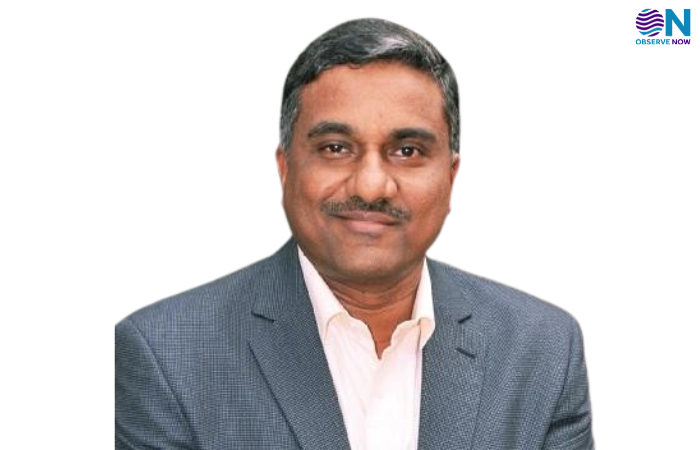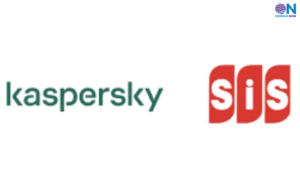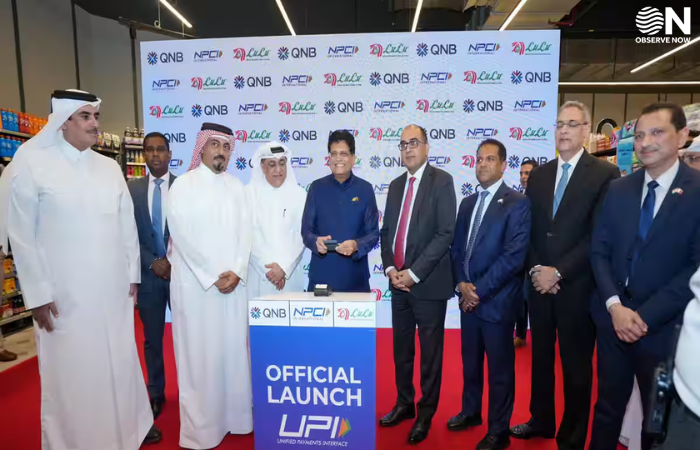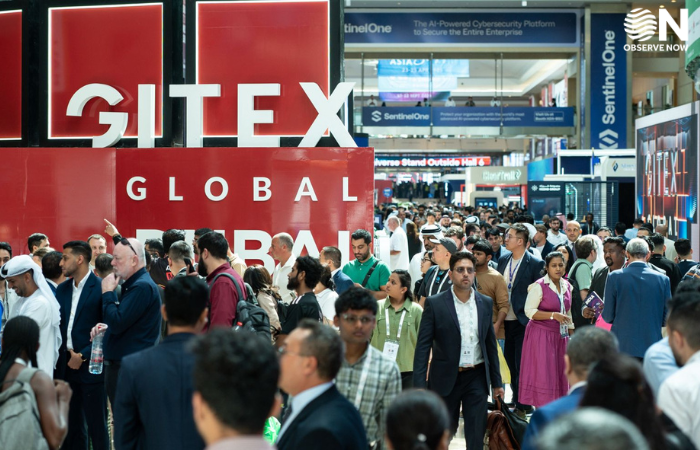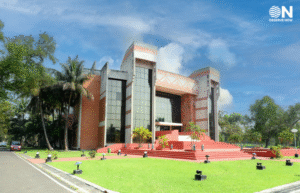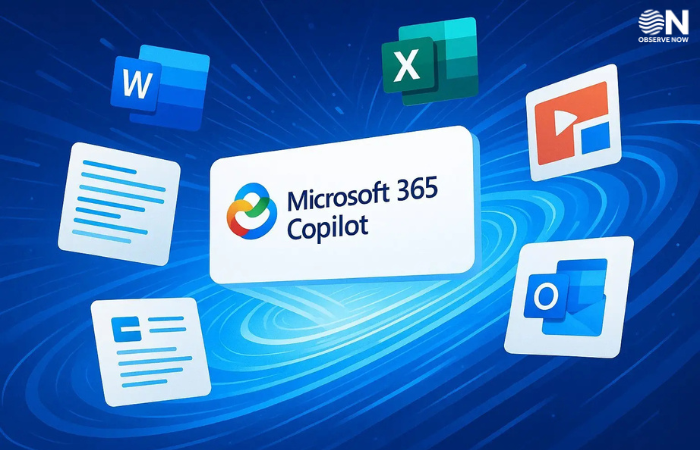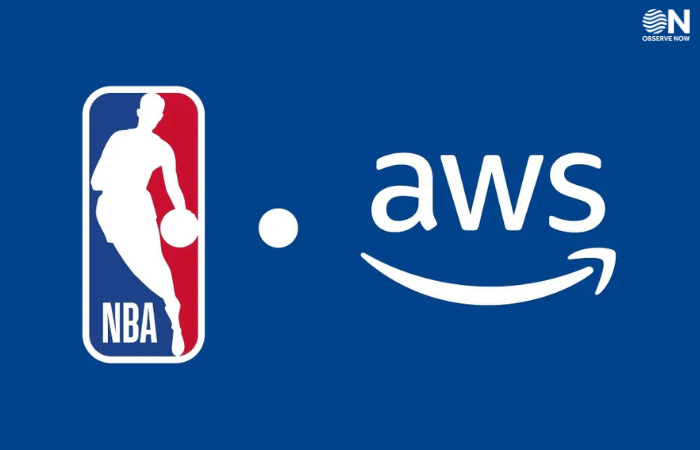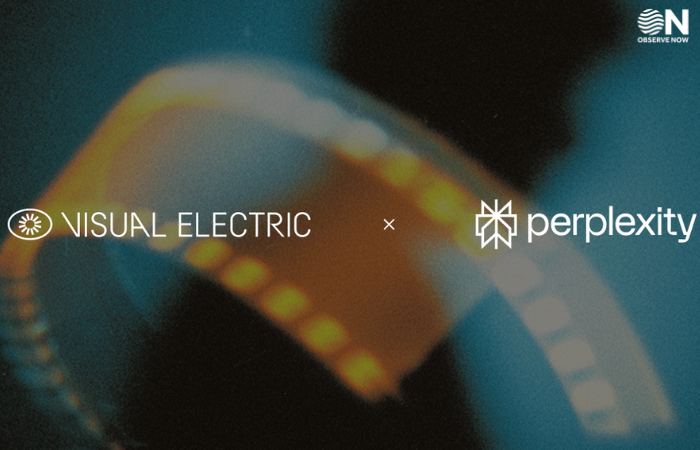- Landmark 45th edition of GITEX GLOBAL brings together the world’s most advanced AI and tech enterprises and leaders from 180 countries, from 13-17 October at Dubai World Trade Centre
- Expand North Star celebrates its 10th edition from 12-15 October at Dubai Harbour
Dubai, UAE – 06 October 2025: With capabilities of AI advancing every year, its potential to address challenges once thought unsolvable is rapidly expanding, from the possibility of curing genetic diseases to transforming urban mobility or enabling green data centres. With the global AI market set to reach $4.8 trillion by 2033 (UNCTAD), the race to deploy AI for critical sectors has never been more urgent. Against this backdrop, GITEX GLOBAL 2025 convenes as the world’s largest tech and AI event, with this year’s edition highlighting significant developments in biotech, physical AI, quantum computing, semiconductors, and data centres.
From 13-17 October at Dubai World Trade Centre, the show unites over 6,800 tech enterprises and 2,000 startups, with participation from 180 countries, bringing together the companies leading the world’s most ambitious AI infrastructure expansion. Global tech enterprises including Alibaba Cloud, AMD, AWS, Dell, e&, G42, Google, HPE, Huawei, IBM, Microsoft, Oracle, Salesforce, Siemens, and Snowflake anchor the showcase, with new incoming innovations from Cerebras, Datadog, Mitsubishi, Qualcomm, Rital, ServiceNow, Tata Electronics, Telecom Italia, and Tenstorrent.
Running in parallel is GITEX’s startup showcase, Expand North Star, from 12-15 October at Dubai Harbour, hosted by the Dubai Chamber of Digital Economy. Celebrating its 10th edition, the show connects 2,000 of the world’s most promising startups, with the highest percentage of growth & late-stage startups anywhere, with over 1,200 investors managing US$1.1 trillion assets. 
Trixie LohMirmand, EVP of DWTC, the organiser of GITEX globally, shared, “Future-critical sectors including data centres, biotech, quantum, and robotics are where AI ingenuity is converging with humanity’s most pressing challenges. GITEX GLOBAL 2025 gives new impetus to these transformative technologies, while continuing to being the harbinger of innovation-led progress across industries and global economies.”
Record Participation from Fast-Emerging Tech Economies – Brazil, Serbia, Chile
The show marks a record year for international participation, with Brazil joining as Country Partner with its largest-ever tech delegation, alongside the Serbian Chamber of Commerce and Industry and Tech Destination Pakistan as key partners. New pavilions debut from Canada, Chile, Ecuador, Spain, and Türkiye, in addition to expanded representation from Europe, Central Asia, LATAM, Africa, and the Levant.
Tatiana Riera, COO, ApexBrasil, shared: “ApexBrasil is excited to be at GITEX GLOBAL and Expand North Star with over 50 incredible startups and innovation hubs. It’s a great opportunity to show how Brazil is driving innovation and creating tech solutions for global challenges.”

Marko Čadež, President, Serbian Chamber of Commerce and Industry, added: “In the age of ubiquitous AI solutions, Serbian startups at this year’s edition demonstrate practical examples of AI applications across diverse fields: from well-being and energy to sentiment diagnostics on social media, showcasing the full depth and breadth of Serbian tech.”
Super Data Centres – The AI Factories of the Future
With global data centre investments set to exceed $500 billion in 2025 (BofA Research), GITEX GLOBAL welcomes one of the biggest global investors in this sector, O’Leary Ventures, building the world’s largest AI data centre industrial park in Canada. Paul Palandjian, CEO & Co-General Partner, O’Leary Ventures, commented: “The UAE has become the crossroads and a world leader in the development of technology and AI. No other place has the leadership vision, resources and commitment to attract a world-class cohort across every industry.” 
Adding a regional perspective, Hassan Alnaqbi, CEO of Khazna, MENA’s largest hyperscale data centre provider and a G42 company, leads the discussions on whether infrastructure, energy and policy can scale fast enough to keep pace with giga AI factories.
GITEX Digi Health & Biotech – The Next Frontiers of Medicine
Breakthroughs in gene editing, mRNA vaccines and AI-led drug discoveries are driving biotech spending towards $1.7 trillion in 2025 – setting the backdrop for the fastest AI deployment in this sector. At GITEX GLOBAL, Trevor Martin, CEO of Mammoth Biosciences, presents how CRISPR, their Nobel winning gene-editing technology, is using AI to potentially cure genetic diseases.
Matt Angle, CEO of Paradromics, the company behind the world’s first successful computer-brain implant, dives into decoding thought with AI and neurotech. Adding to this momentum, South Korean startup HurayPositive unveils AI-powered SaaS to deliver precision medicine for one million patients with chronic conditions.
Physical AI in Motion
At GITEX GLOBAL, Tensor unveils the world’s first personal robocar – globally applauded as “agentic AI on wheels”. Whilst K2 introduces new humanoids and a concept vehicle designed to extend robotics into industrial environments. With the robotics AI market projected to quadruple to $94 billion by 2031, these innovations illustrate how Physical AI is becoming an essential pillar of industry productivity and business edge.
GITEX Quantum Expo (GQX) – Advancing Quantum Readiness 
On the show floor, IBM unveils Quantum System Two, a major step towards large-scale fault-tolerant systems capable of solving computing scale challenges. Shukri Eid, VP and General Manager of IBM Gulf, Levant, and Pakistan, shared “GITEX GLOBAL is a global stage, but more importantly, it is a platform for action. It brings together the ecosystems that matter: policymakers, business leaders, and innovators driving AI forward.”
Prof. Mark Thompson, Co-Founder of PsiQuantum, a $6 billion unicorn, outlines the path towards quantum sovereignty. Among the headline exhibitors is also IONQ, the world’s first public pure-play quantum computing company trading at the New York Stock Exchange.
Ai Semicon – The Chips Behind Sovereign AI
Global leader in high-performance processors, AMD presents its Instinct™ GPUs and EPYC™ CPUs, built to handle the most demanding AI workloads and energy-efficient data centre deployments. Jim Keller, CEO of Tenstorrent, the $2.6bn AI chipmaker on the Forbes AI50 List, expands on this theme with his talk on “Taking Control of Your Sovereign AI Future,” as semiconductors become a geopolitical lever.
Startups, Scaleups & Unicorns Lead in AI Supercomputing
Expand North Star features more than 40 unicorns this year, reinforcing the UAE’s position as a hub for global scale-ups. Among them, Cerebras presents the world’s largest AI supercomputer (built in partnership with G42), Fluidstack unveils the world’s first 1GW decarbonised AI supercomputer, and Xpanceo introduces five prototypes of AI-powered smart contact lenses -advancing AR, healthcare, and consumer hardware simultaneously.
For more information, visit: www.gitex.com
Follow GITEX GLOBAL on social media: Facebook | Instagram | X | LinkedIn | Youtube
Follow ObserveNow on social media: Facebook | Instagram | X | LinkedIn | Youtube
About GITEX GLOBAL: GITEX GLOBAL, the world’s largest tech and AI event, celebrates its 45th edition in 2025. Organised by Dubai World Trade Centre (DWTC), the landmark event takes place from 13-17 October at DWTC, featuring over 6,800 exhibitors, including 2,000 startups from 180 countries, alongside 1,200 investors with a combined US$1.1 trillion in assets under management (AUM) and more than 40 unicorns. In 2026, GITEX GLOBAL Dubai moves to a new home at the Dubai Exhibition Centre – Expo City, unveiling an entirely new format that begins on 7 December with a premier Summit, followed by the immersive Exhibition from 8-11 December. Recognised as the world’s largest technology event brand, GITEX now spans 14 cities across multiple continents, driving the conversations defining the future of industry-critical sectors. More information: www.gitex.com






